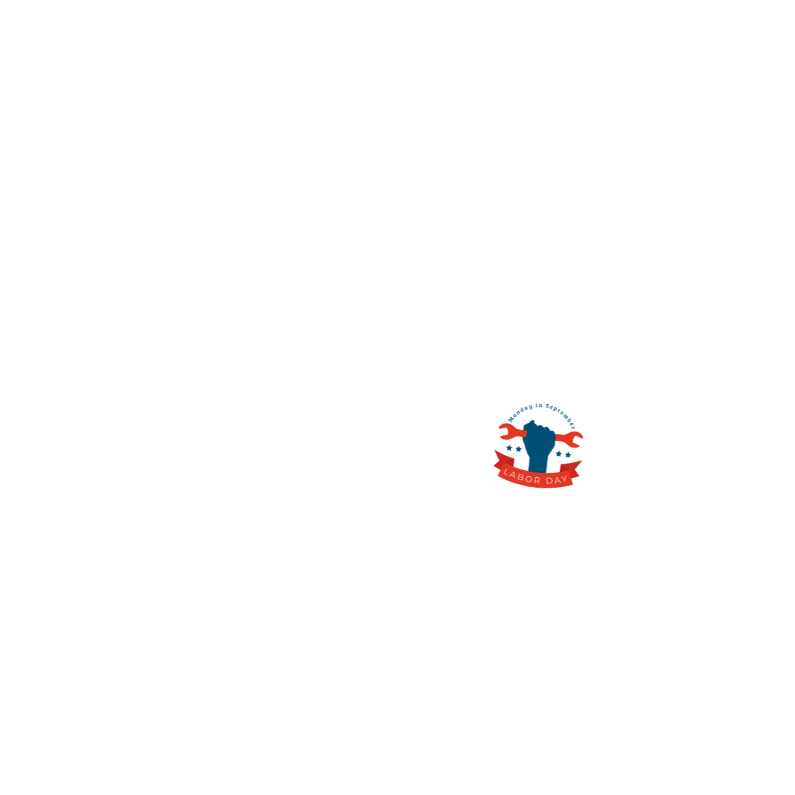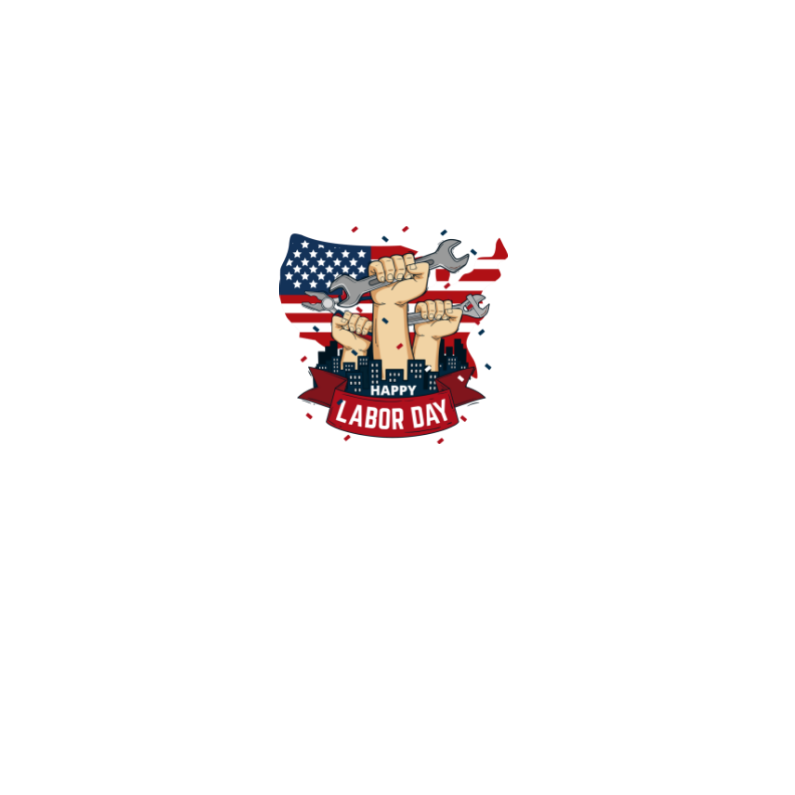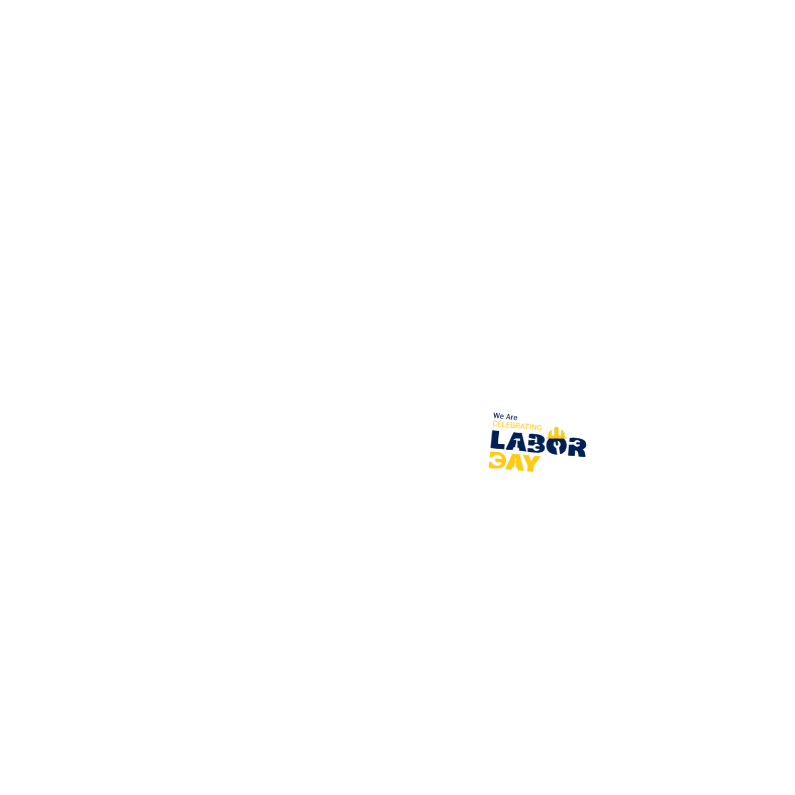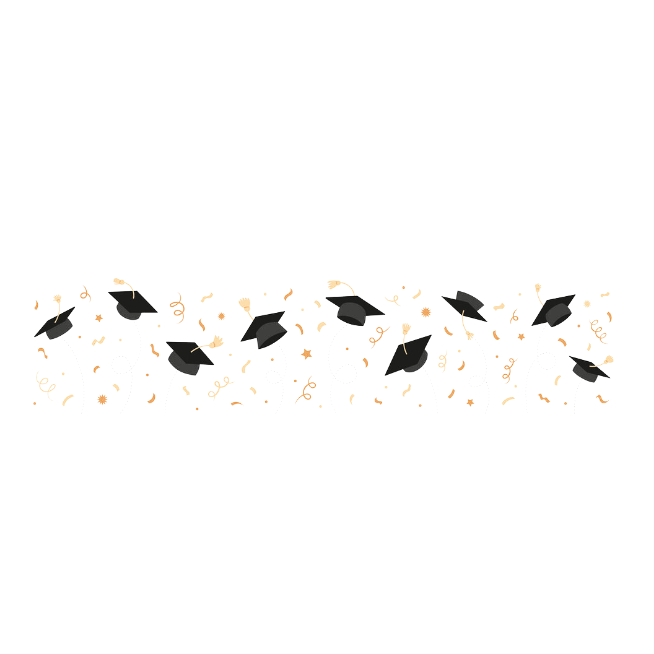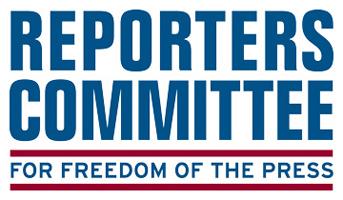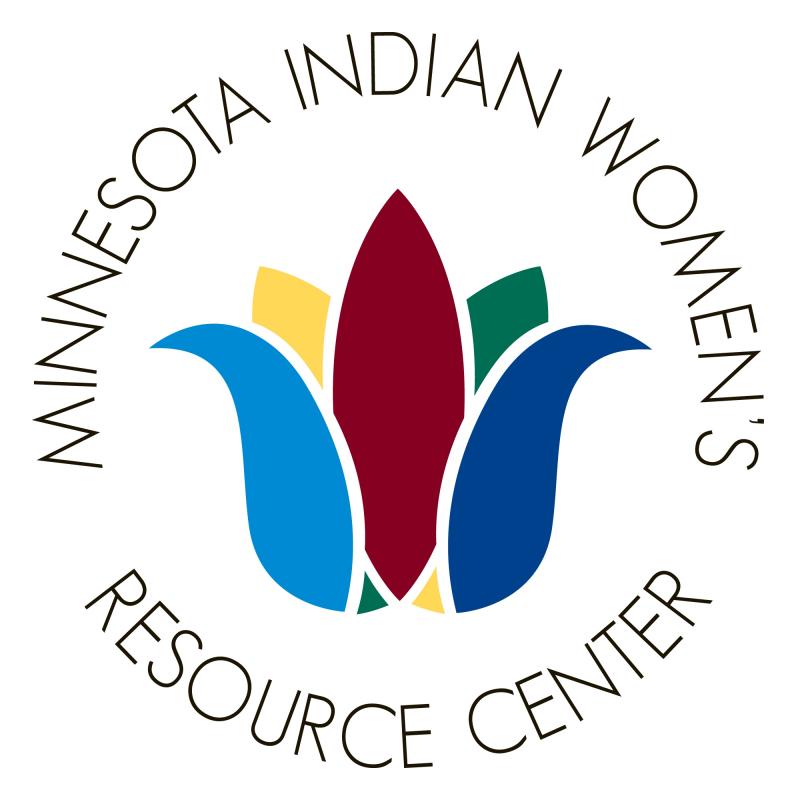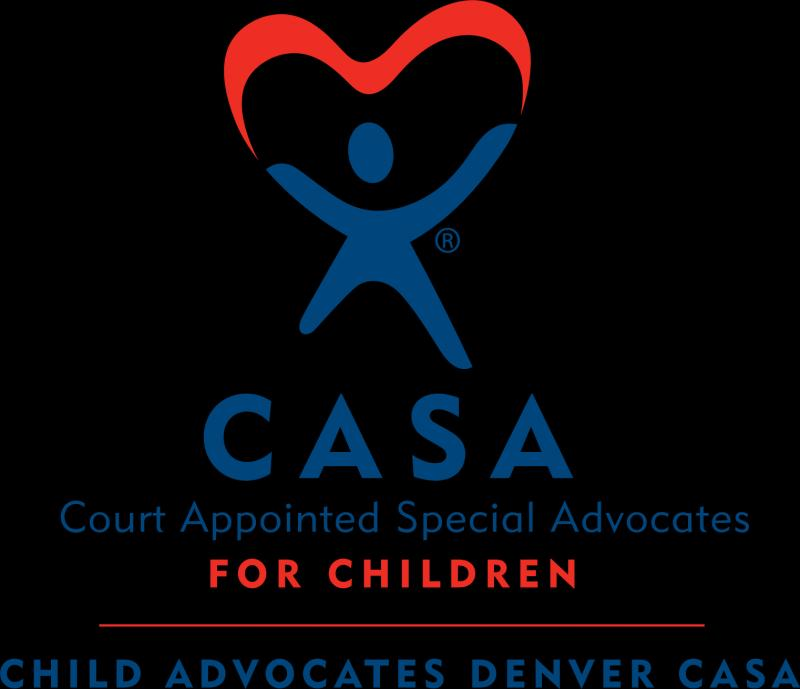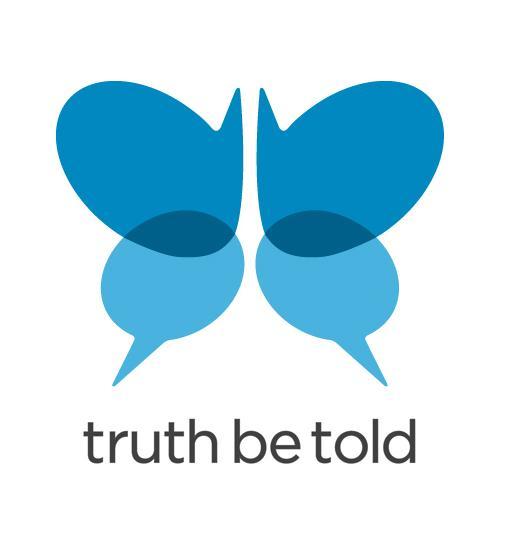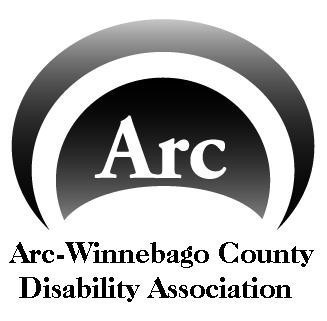Causes: Censorship, Freedom of Speech & Press, Civil Rights, Crime & Law, International, Public Interest Law
Mission: The Center for Democracy & Technology (CDT) works to strengthen individual rights and freedoms by defining, promoting, and influencing technology policy and the architecture of the internet that impacts our daily lives. We preserve the unique nature of the internet; enhance freedom of expression globally; protect our fundamental right to privacy; limit government surveillance; and define the boundaries of technology in our daily lives.
Target demographics: every internet user
Geographic areas served: Techology policy
Programs: Cyber Security & Standards - Public and private-sector entities face a growing challenge in protecting the internet against malicious actors. In working to make the internet more secure, it’s essential to support fundamental human rights when creating and deploying technology. By engaging a team of technical experts in our policy advocacy, CDT develops policies and technical standards that respect fundamental rights while making critical communications infrastructure more secure. From our engagement in a number of core internet standards & governing bodies, to our work to improve the cybersecurity of elections worldwide, CDT’s is working to ensure that fundamental rights are embedded in the technical fabric of our digital world. We also work to empower individuals to take greater control of their own cybersecurity, while serving as key technical translators for policymakers working to address a range of societal issues impacted by new technologies. Free Expression - The internet and new technologies give individuals the ability to publish and receive information, participate in political processes, and share knowledge. CDT has fought to extend the highest level of free speech protections to the internet and to keep new technologies free of government censorship and content gatekeepers. Private online service providers need to be protected from legal liability for content posted by users so that they will be willing to host it. User choice and control, which allow individuals to decide what to say, publish and access online, are essential parts of protecting free expression rights. Government Surveillance - New technologies have given governments around the world unprecedented means to collect and access personal information. This includes law enforcement agencies demanding content from tech companies, intelligence agencies tapping directly into internet cables, and the use of surveillance technologies such as license plate readers or facial recognition cameras. Much of this government surveillance is aimed at enhancing national security and safety, yet in order to ensure all people can seek information and express themselves freely, there must be reasonable checks and balances on governments’ ability to access, collect, and store individuals’ data. Both security and freedom can be protected, but only through balanced laws and policies that uphold human rights. Open Internet - An open internet allows its users to maximize the opportunities for free expression and innovation offered by an accessible, interconnected, and unrestricted platform. To help the internet retain its democratic values and openness, we work to protect users’ rights to access, create, and share content and services. Governments and companies that control vital communications infrastructures should not be allowed to leverage that control to limit access, expression, or innovation. But neither should companies be saddled with the responsibility to protect the interests of content owners. Moreover, competition among infrastructure owners, platforms, content owners, and other players in the internet ecosystem plays a vital role in ensuring that the internet is accessible to all and continues to drive innovation. CDT works with lawmakers, industry, and the public to balance the rights of users, rights-holders, and infrastructure providers, to promote our vision of an open and innovative internet. Privacy & Data - Individuals and communities worldwide are demanding greater control of their personal data, especially as they learn more about the potential and real uses and misuses by an array of corporate actors. With the European Union taking proactive action on the privacy rights of citizens, the U. S. is witnessing states work towards solutions in the absence of federal law. CDT has been leading the way on issues around privacy, data, and society for 25 years, and is driving the global conversations on what policies and principles are needed around the next generation of data-driven technologies. We call for reasonable limits on the use of sensitive data and believe individuals must have greater rights to control their data. From the impact of artificial intelligence to the privacy rights of students, CDT is answering the more pressing privacy questions of today while shaping innovative, rights-centered policies for the future.
Mission: The Center for Democracy & Technology (CDT) works to strengthen individual rights and freedoms by defining, promoting, and influencing technology policy and the architecture of the internet that impacts our daily lives. We preserve the unique nature of the internet; enhance freedom of expression globally; protect our fundamental right to privacy; limit government surveillance; and define the boundaries of technology in our daily lives.
Target demographics: every internet user
Geographic areas served: Techology policy
Programs: Cyber Security & Standards - Public and private-sector entities face a growing challenge in protecting the internet against malicious actors. In working to make the internet more secure, it’s essential to support fundamental human rights when creating and deploying technology. By engaging a team of technical experts in our policy advocacy, CDT develops policies and technical standards that respect fundamental rights while making critical communications infrastructure more secure. From our engagement in a number of core internet standards & governing bodies, to our work to improve the cybersecurity of elections worldwide, CDT’s is working to ensure that fundamental rights are embedded in the technical fabric of our digital world. We also work to empower individuals to take greater control of their own cybersecurity, while serving as key technical translators for policymakers working to address a range of societal issues impacted by new technologies. Free Expression - The internet and new technologies give individuals the ability to publish and receive information, participate in political processes, and share knowledge. CDT has fought to extend the highest level of free speech protections to the internet and to keep new technologies free of government censorship and content gatekeepers. Private online service providers need to be protected from legal liability for content posted by users so that they will be willing to host it. User choice and control, which allow individuals to decide what to say, publish and access online, are essential parts of protecting free expression rights. Government Surveillance - New technologies have given governments around the world unprecedented means to collect and access personal information. This includes law enforcement agencies demanding content from tech companies, intelligence agencies tapping directly into internet cables, and the use of surveillance technologies such as license plate readers or facial recognition cameras. Much of this government surveillance is aimed at enhancing national security and safety, yet in order to ensure all people can seek information and express themselves freely, there must be reasonable checks and balances on governments’ ability to access, collect, and store individuals’ data. Both security and freedom can be protected, but only through balanced laws and policies that uphold human rights. Open Internet - An open internet allows its users to maximize the opportunities for free expression and innovation offered by an accessible, interconnected, and unrestricted platform. To help the internet retain its democratic values and openness, we work to protect users’ rights to access, create, and share content and services. Governments and companies that control vital communications infrastructures should not be allowed to leverage that control to limit access, expression, or innovation. But neither should companies be saddled with the responsibility to protect the interests of content owners. Moreover, competition among infrastructure owners, platforms, content owners, and other players in the internet ecosystem plays a vital role in ensuring that the internet is accessible to all and continues to drive innovation. CDT works with lawmakers, industry, and the public to balance the rights of users, rights-holders, and infrastructure providers, to promote our vision of an open and innovative internet. Privacy & Data - Individuals and communities worldwide are demanding greater control of their personal data, especially as they learn more about the potential and real uses and misuses by an array of corporate actors. With the European Union taking proactive action on the privacy rights of citizens, the U. S. is witnessing states work towards solutions in the absence of federal law. CDT has been leading the way on issues around privacy, data, and society for 25 years, and is driving the global conversations on what policies and principles are needed around the next generation of data-driven technologies. We call for reasonable limits on the use of sensitive data and believe individuals must have greater rights to control their data. From the impact of artificial intelligence to the privacy rights of students, CDT is answering the more pressing privacy questions of today while shaping innovative, rights-centered policies for the future.
info@cdt.org
1401 K Street NW, Suite 200, Washington, DC 20005
202-637-9800
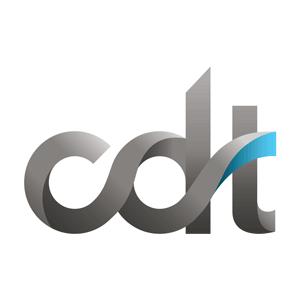
Civil Rights
Washington





